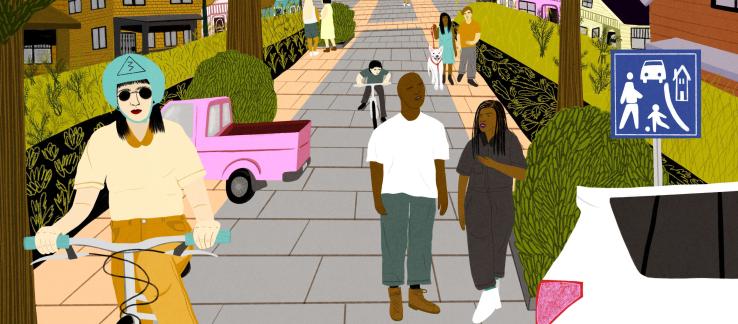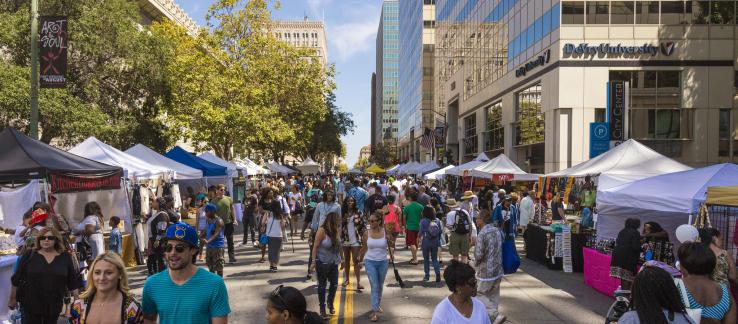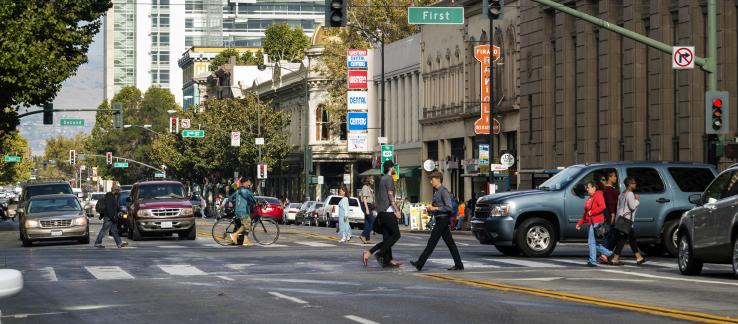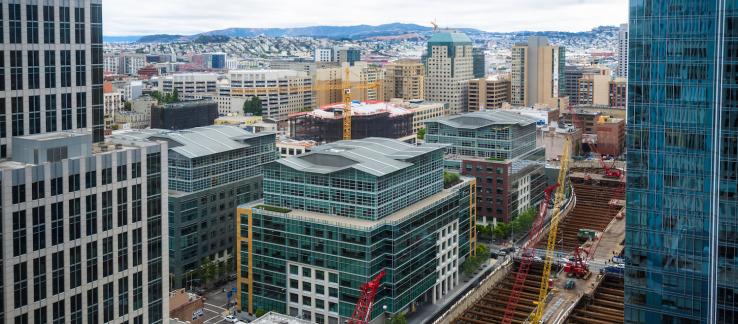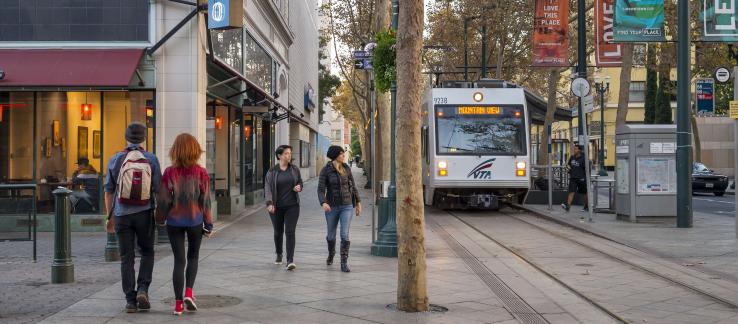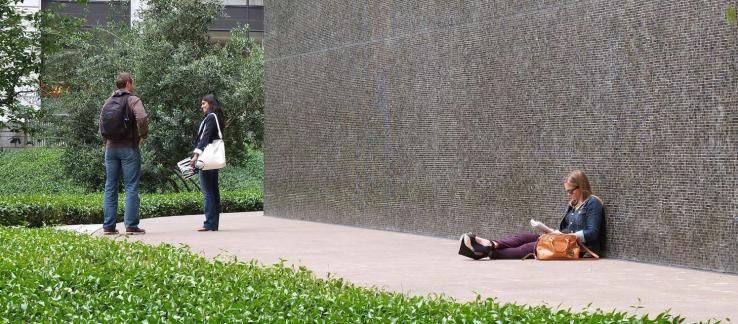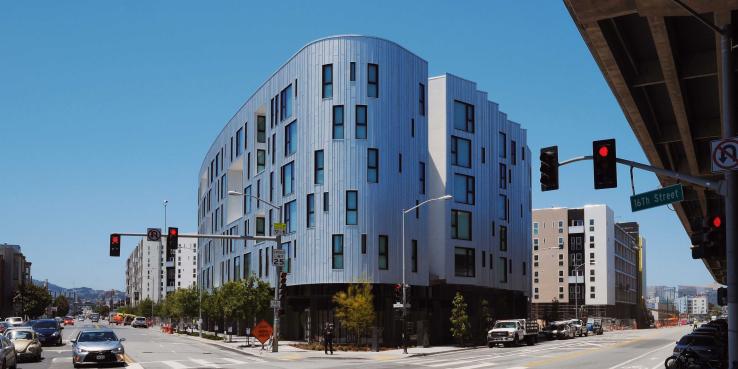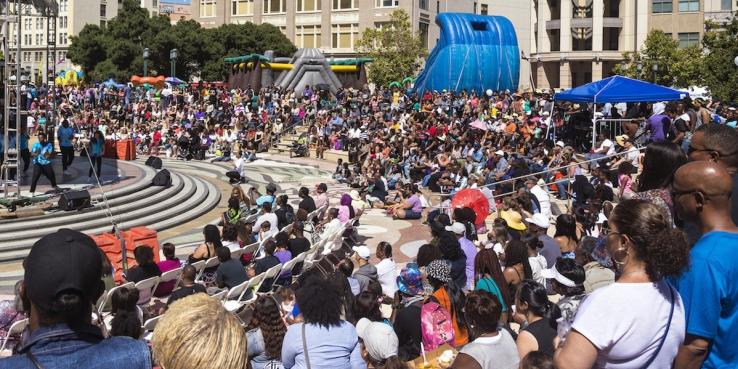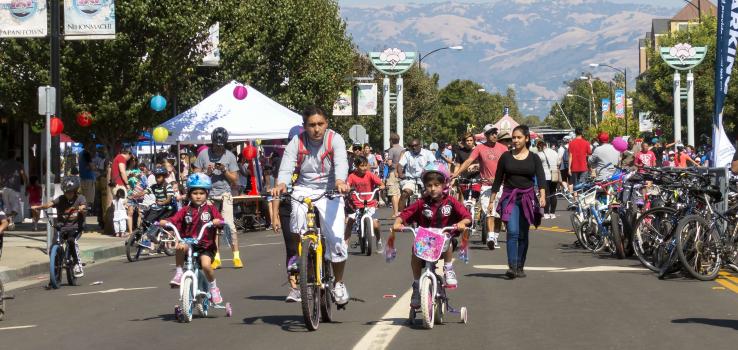
• Ensure that communities are safe, inclusive and equipped to meet all residents’ daily needs with a diverse mix of businesses and services.
• Prioritize investment in and access to parks, nature and public spaces as a driver for social cohesion and economic opportunity.
• Ensure that regionally significant neighborhood plans in San Francisco, San Jose and Oakland advance equity, sustainability and prosperity.
